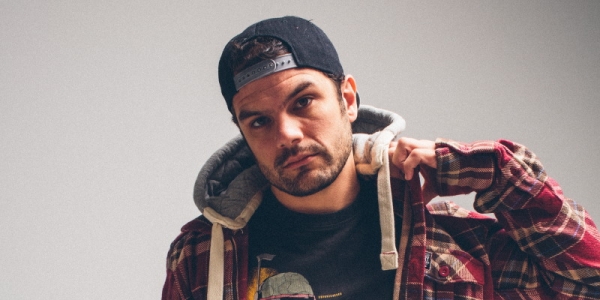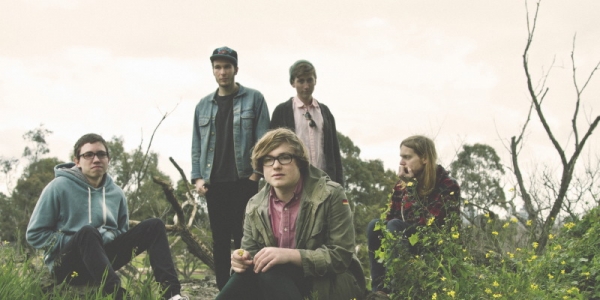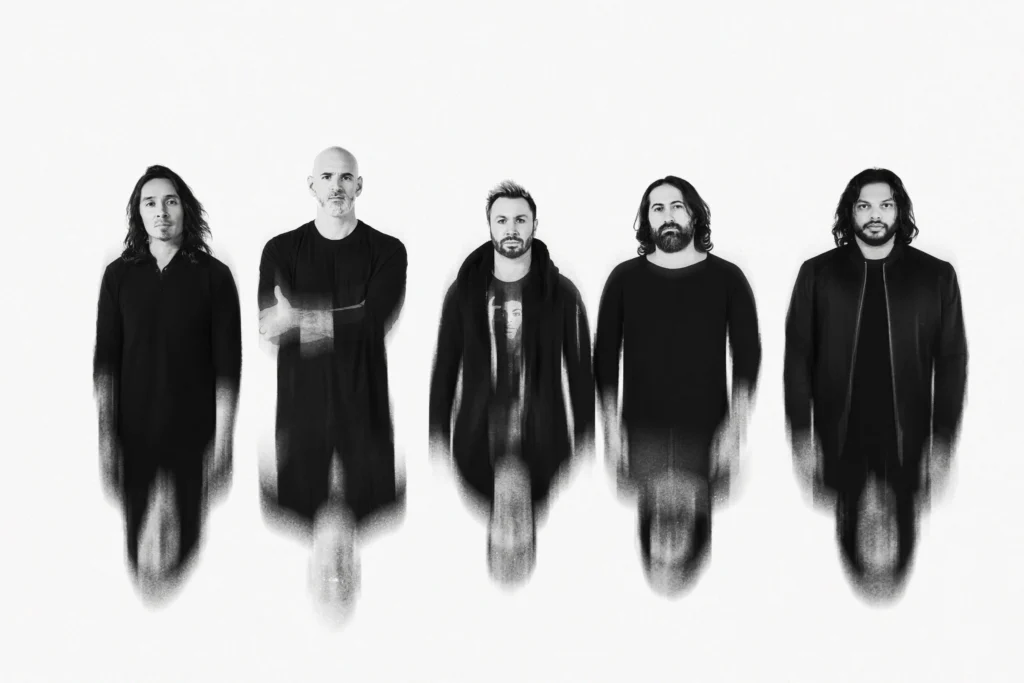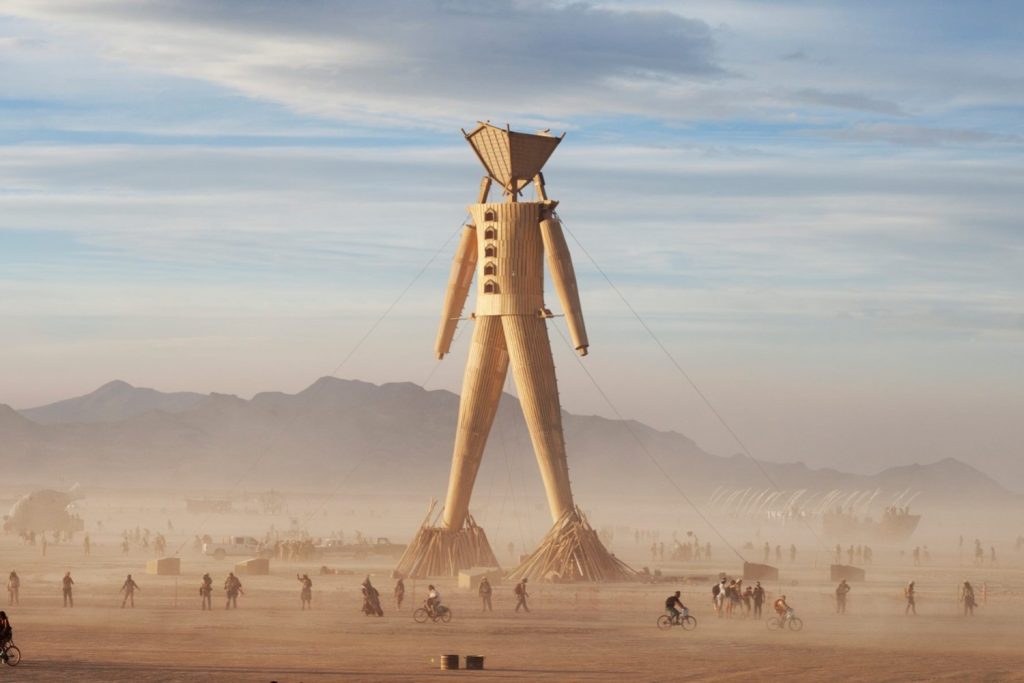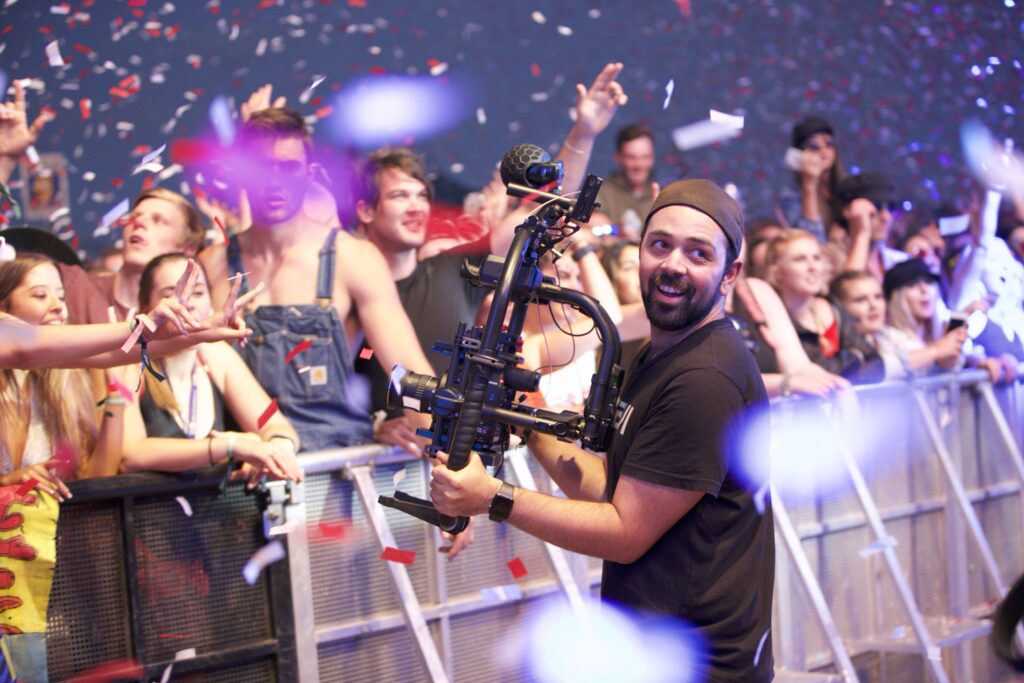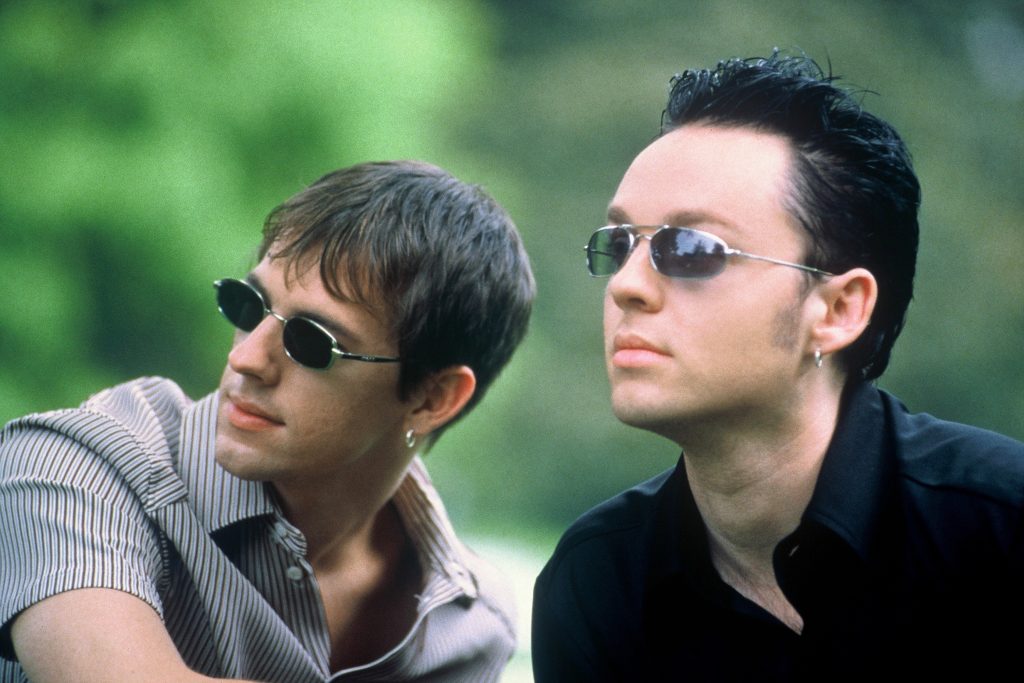“That song wasn’t necessarily good for Seth Sentry so much as it was for The Waitress Song. It became its own beast.” Three years after the release of The Waiter EP, Sentry will release This Was Tomorrow, his debut full-length. In doing so, Sentry aims to establish himself as an inventive voice on Australia’s hip-hop scene.
This Was Tomorrow showcases the deft manner in which Sentry fuses genres within his tracks. What’s more, the record displays an uncanny ability for Sentry to pen lyrics that roll off the tongue with a light-hearted ease yet maintain an emotional weight long afterwards.
Four years of writing went into This Was Tomorrow, and Sentry admits it’s been a long time coming.“This is the album that the EP was going to be. The plan was originally to do a full album, but we did an EP instead. So this is the album I wanted to release,” he says confidently.
The four years of work eventually weighed on Sentry’s conscience, and he admits there were points in which he had to step away from the process.
“I guess what made it hard was the fact that I had a song (The Waitress Song) which I wrote in just an afternoon, and a few mates of mine didn’t really like, that song did so well. That fucked my head up a little bit. I started questioning every song I wrote afterwards. I wondered, ‘Is this song any good?’ or ‘Is this song going to do the same thing?’ It’s no good to question things too much though, as I’ve learnt.”
One question Sentry hasn’t had to mull over is that of a record label. Sentry’s decision to release This Was Tomorrow on his own High Score Records allowed him the freedom to focus on writing the record instead of worrying how to market it.
“I like being my own boss. It suits my vibe. I did the EP on my own, to the point of mailing every single copy out myself.”
Sentry’s DIY approach begins behind the scenes, before eventually manifesting itself onstage. “We got a few offers [from labels] awhile back, but they just weren’t for me. There’s that quote that goes something like… labels are good for fanning the flame, but they’re not good for starting the fire? I’m not after world domination, I just want to be able to do what I want to do and make enough of a living off of it so that I don’t have to work hospitality anymore.”
Pausing to give thought to every question, Sentry carries himself with a thoughtful and eloquent honesty. His refreshing lack of pretence can be heard in spades throughout This Was Tomorrow. While Sentry admits over-questioning matters may not be healthy, he’s openly critical of the ills of various social groups on tracks like “My Scene,” though never degrading. If there’s one group of people Sentry is seeking to openly foster, it’s that of his fan base.
His eyes light up when he talks about taking his debut LP on the road. His set, which he describes as “Very free and loose,” has been honed for close to ten years, including a memorable opening slot for Public Enemy on their last swing through Australia. But rather than borrow from Public Enemy’s intense and fairly professional live set, Sentry has crafted a more intimate approach. Once again, his affable DIY mentality shines through.
“A lot of my show is about getting intimate with the crowd. These people have bought tickets, they’ve bought t-shirts. I want to hang out with these dudes. I don’t come out super professional. I give the crowd a little shit, they give me some shit, we have a laugh. A bit of banter goes a long way.”
As Sentry continues, the difference between perceptions based only on The Waitress Song and what will soon be learnt with the release of This Was Tomorrow becomes palpable. Having now conquered the curse of the massive radio hit, Sentry is ready to tackle any other challenges with a level head and a thoughtful demeanour.
“People are always trying to pigeonhole me, and other artists. But life isn’t like that.”
Instead, Sentry went into This Was Tomorrow with the desire to show off another side of himself and his song-writing abilities.
And in the end, what he chose to focus on showed off his true nature.
“I was overthinking what people wanted to hear,” he says. “I took a step back and just started writing songs that I was happy with. I didn’t think too much about the narrative, I just focused on the beat. I didn’t try to do anything special, I just went from song to song thinking about what was best for the album.”
BY JOSHUA KLOKE
